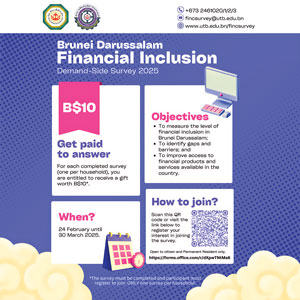(ANN/CHINA DAILY) – In the face of mounting urban pressures, many young people are seeking solace in agriculture, bringing a fresh perspective and innovative businesses to rural China.
“When work gets tough, I’d rather go home and retreat to farming,” has become a common sentiment among those feeling overwhelmed by city life. However, a determined group of young entrepreneurs is turning this notion into reality by embracing rural opportunities and building new businesses.
One such individual is Shao Qiankuan, who after nearly six years as an aviation safety officer in Hangzhou, Zhejiang province, decided in 2023 to leave his job and become a partner in a farm due to limited career prospects in aviation.
Shao and his partners faced numerous challenges as they ventured into farming. They had to learn crop planting techniques, manage pest control, and navigate the unpredictable nature of agricultural production, where weather and timing play crucial roles.
“In agriculture, building experience and sales channels is an ongoing process, but the initial stages are particularly challenging,” Shao explained.
Despite these obstacles, Shao’s farm has made significant strides this year. They have enlisted experienced agricultural consultants, diversified their crops to include a new variety of fruit corn that sold out during field trials last year, and adopted staggered planting methods to extend their harvest season.
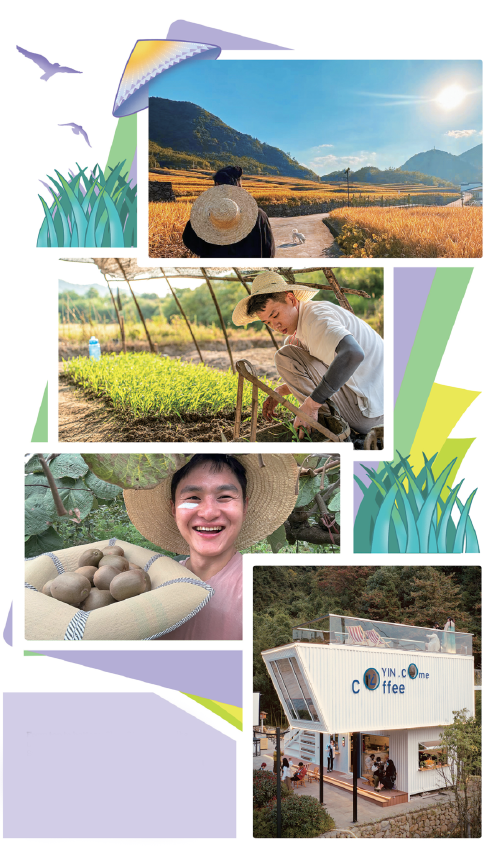
Shao also utilises his passion for photography and video editing to document his farming journey on popular Chinese social media platforms like Douyin and Xiaohongshu. This not only helps introduce their products to a wider audience but also captivates followers interested in rural life.
Sparking tradition
Young entrepreneurs like Shao, who are returning to or venturing into rural areas to launch businesses, are part of a growing trend.
According to data from the Ministry of Agriculture and Rural Affairs, between 2012 and 2022, 12.2 million people engaged in rural entrepreneurship, including returnees from overseas, urban youth, and university graduates.
By 2025, this number is expected to exceed 15 million, as outlined in China’s 14th Five-Year Plan (2021-25) for agricultural and rural talent development.
Sun Lei, 27, from a village in East China’s Jiangxi province, started an e-commerce business during university, initially focusing on products from the Xinjiang Uygur autonomous region.
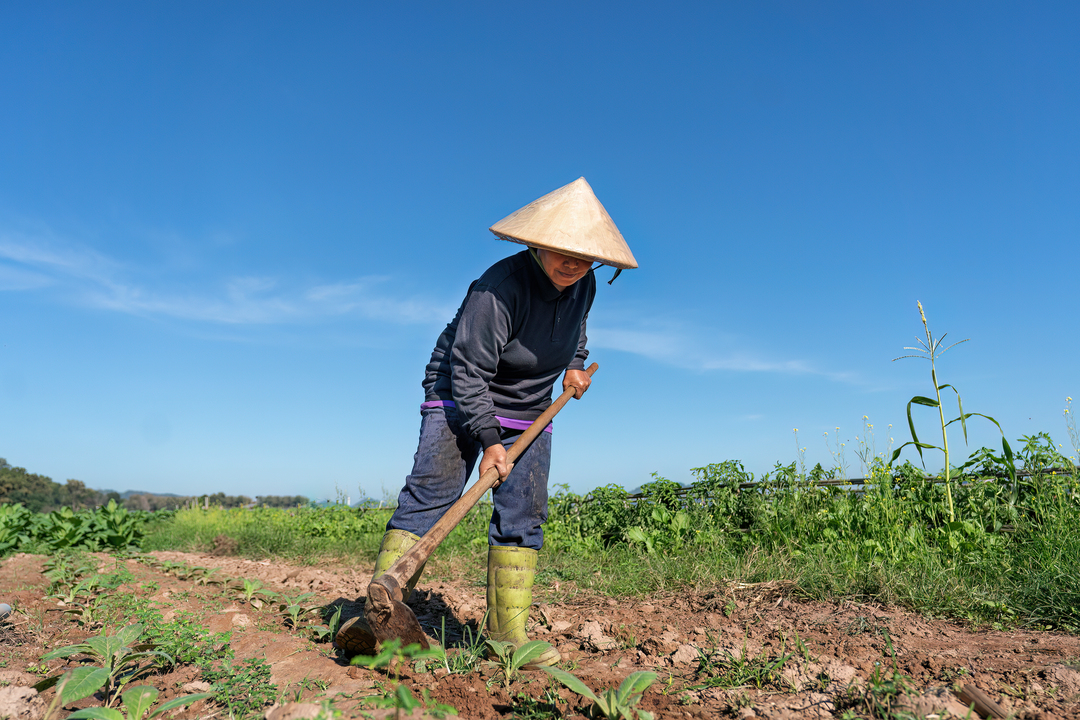
Inspired by his hometown’s renowned navel oranges, Sun returned in 2020 to promote local agricultural products nationwide through videos and livestreaming.
“After receiving an urban education, I wanted to apply my skills back home,” he said.
Sun began training local farmers in video production in 2022, believing that rural development should empower farmers to effectively market their products.
Sun’s decision to launch his business in his hometown was partly influenced by another young entrepreneur, Tang Xinchen, 27, who left his role as a product manager at an internet company in 2022 to return to his village in Chengdu, Southwest China’s Sichuan province.
“Compared to the already mature internet sector, China’s agriculture offers greater opportunities for high-quality talent,” he said.
Upon returning to his hometown, Tang rented an orchard and began cultivating local products like kiwi and two types of citrus fruits.
He introduced modern management practices from his previous workplace, using digital systems and collaboration software to oversee the farm.
He also documented his entrepreneurial experience through videos, attracting a following among young internet users and achieving strong sales during his first harvest.
To address the limitations of perishable agricultural products with short selling seasons — such as citrus fruits that peak in flavour for only two weeks — this year, Tang is introducing an innovative sales strategy called order-based agriculture.
This approach involves enrolling members a year in advance, growing crops based on pre-orders, and swiftly delivering them within three days to guarantee peak freshness.
“This ensures predictability for farmers and delivers consumers the highest quality products,” Tang explained.
Apart from innovating business models, Tang also actively incorporates new technologies. While manual tasks such as pruning and pollination for fruit trees still rely on human judgment and cannot be mechanised, Tang employs unmanned vehicles for automated tasks like integrated water and fertilizer application and the spraying of microbial agents in his orchard.
He also collaborates with technology firms to implement AI sorting systems that assess orange sweetness through spectral analysis.
Looking ahead, Tang remains attentive to advancements in AI models, aiming to develop AI systems tailored for agricultural production and focusing on tasks that current machinery cannot automate.
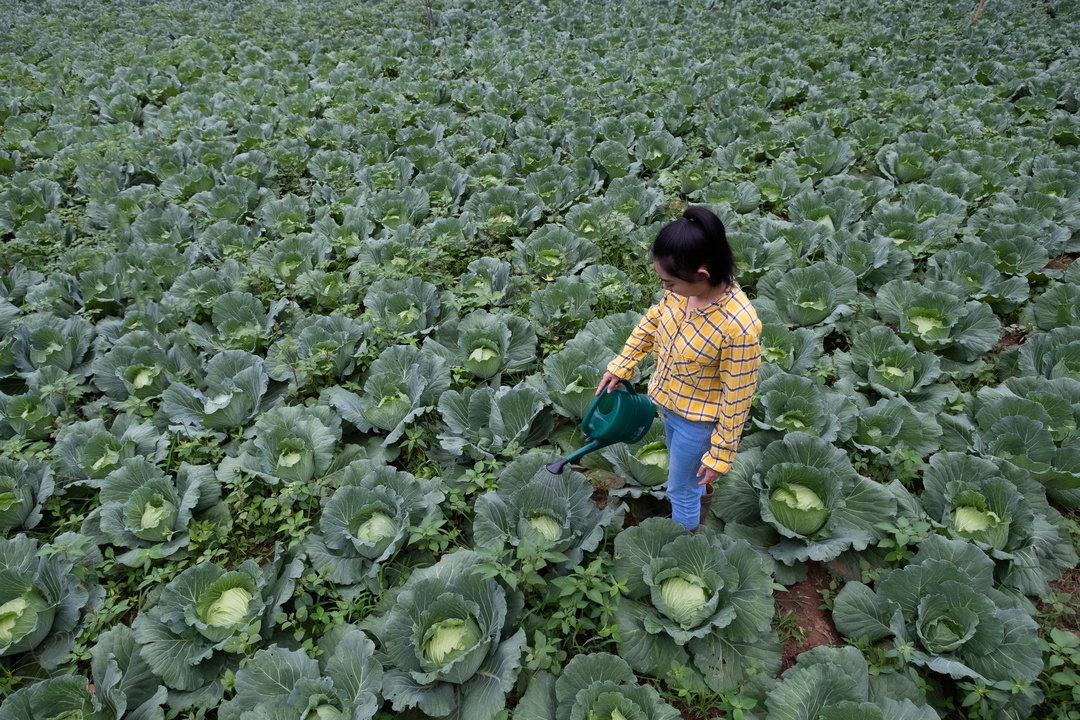
“In any field, my goal is to work on projects that make a big difference in people’s lives,” he said.
Like many young entrepreneurs, Ren Yin, 27, had no prior experience or education in agriculture before returning to her rural hometown in Hangzhou.
After graduating with a master’s degree in teaching Chinese as a foreign language from the Hong Kong University of Science and Technology, Ren often faced criticism that returning to rural areas was “a waste of her talent”.
However, Ren realised that her professional background could be effectively applied to her new venture. In 2022, she opened a rural cafe in her hometown. Through both online and offline activities, she transformed it into a hub for local young people to socialize and exchange information and resources.
She even partnered with Hangzhou Normal University, her undergraduate alma mater, and plans to involve international students to promote local culture.
“I want to attract more young people to my rural hometown, where they can not only visit but also settle down and start businesses,” Ren said.
Risky opportunities
Ren has benefited from local government policies during her business journey. According to her, the village government actively supports new start-ups by investing in infrastructure, assisting with publicity and event organization, and fostering partnerships with external enterprises.
“I myself only had to invest in lightweight assets, which has been a great relief for young entrepreneurs,” Ren said.
However, the extent of policy support varies across different villages in China, influenced by their levels of economic development.
For example, Tang and his team had to live on the farm due to a lack of accommodation options. The nearby villagers’ houses were old and costly to rent, and the lack of infrastructure also significantly impacted his expansion efforts.
Tang faces other challenges as well. Although more young entrepreneurs are returning to rural areas, many villages still suffer from a shortage of young laborers. Tang pointed out that his farm needs workers during busy farming seasons, yet the average age of available local workers is around 70.
Moreover, new business ventures usually involve significant risks, especially in agriculture, where profits can take a long time to materialise.
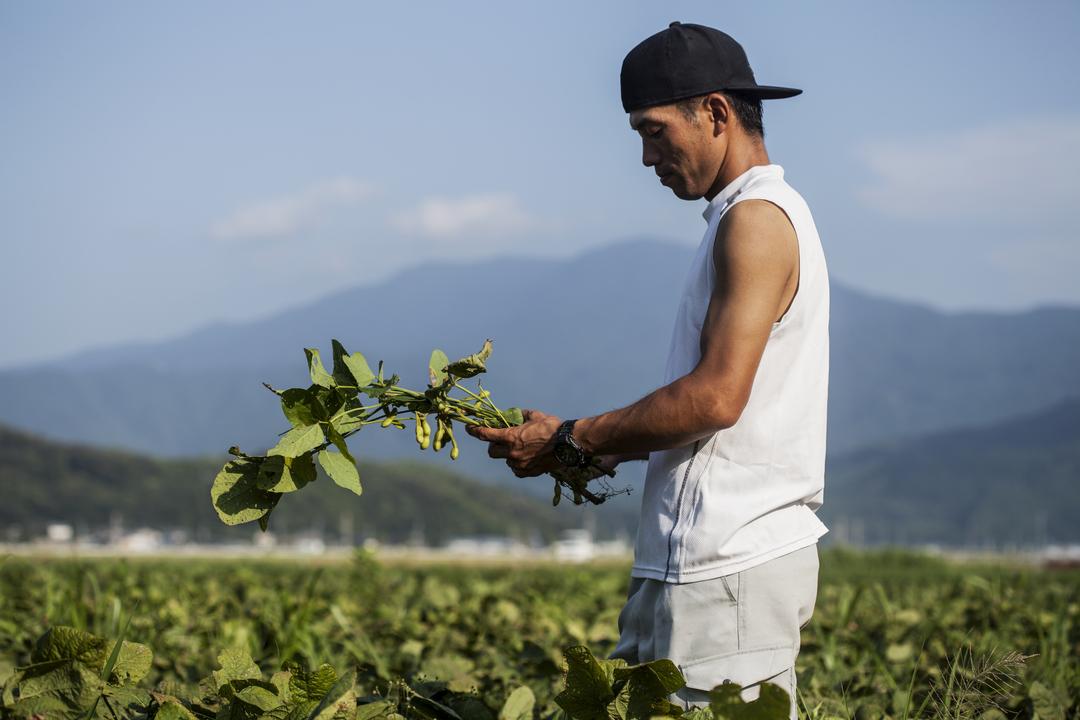
Sun’s team has gone through multiple changes, peaking at 22 members and now consisting solely of Sun himself. Earlier this year, he briefly returned to a company position, but he felt his farming aspirations were not yet realized, leading him back to rural entrepreneurship.
“I’ve always had a vision — to promote my hometown products beyond the village and attract more young people back,” Sun said.
Shao cautioned that agriculture demands a significant initial investment, labour, and persistence before it becomes profitable and yields even modest returns. He advises aspiring young people to investigate and experiment extensively before committing to the field.
“Agriculture isn’t suited for those who lack industry knowledge and rely solely on passion,” he said.
However, Shao also believes that with advancing technology and increasing policy support, agriculture is an evolving and promising sector.
“While a stable job may offer ease and comfort, I find such a life too boring,” he said. “I want to pursue meaningful endeavours and fully explore life’s possibilities.”





